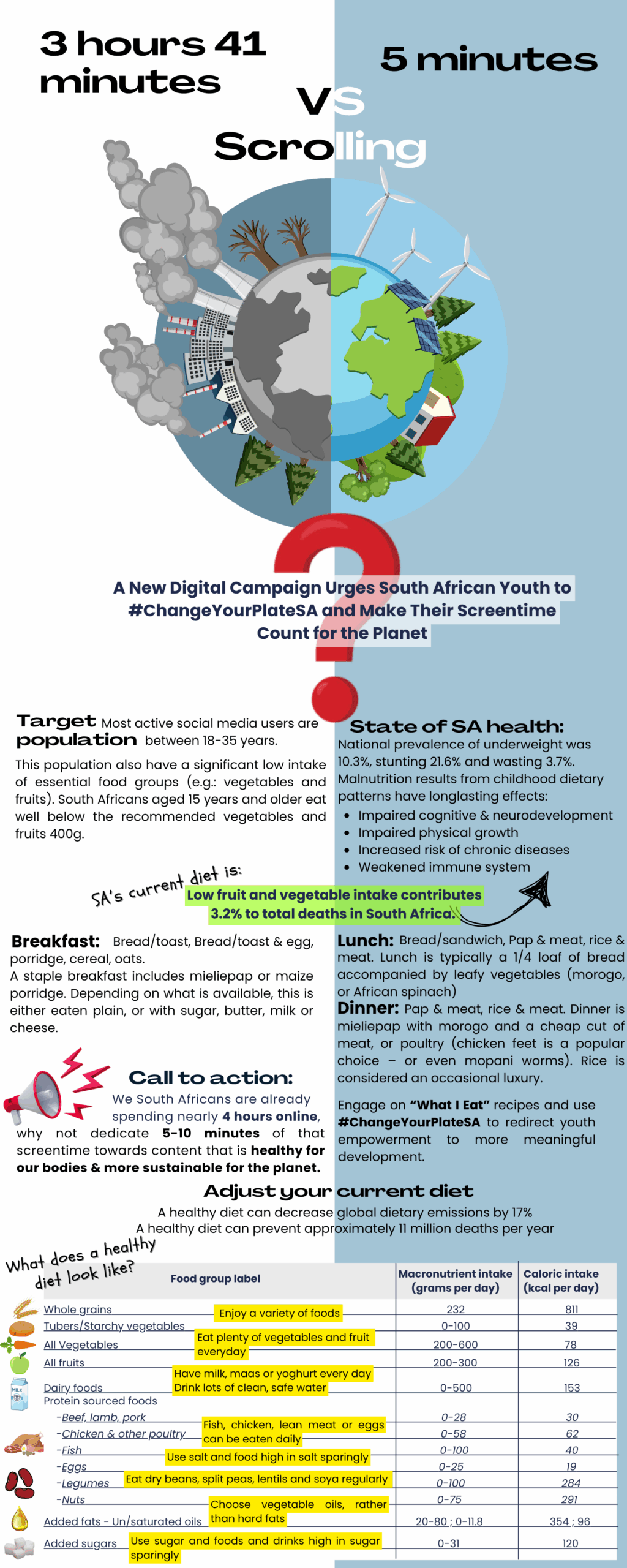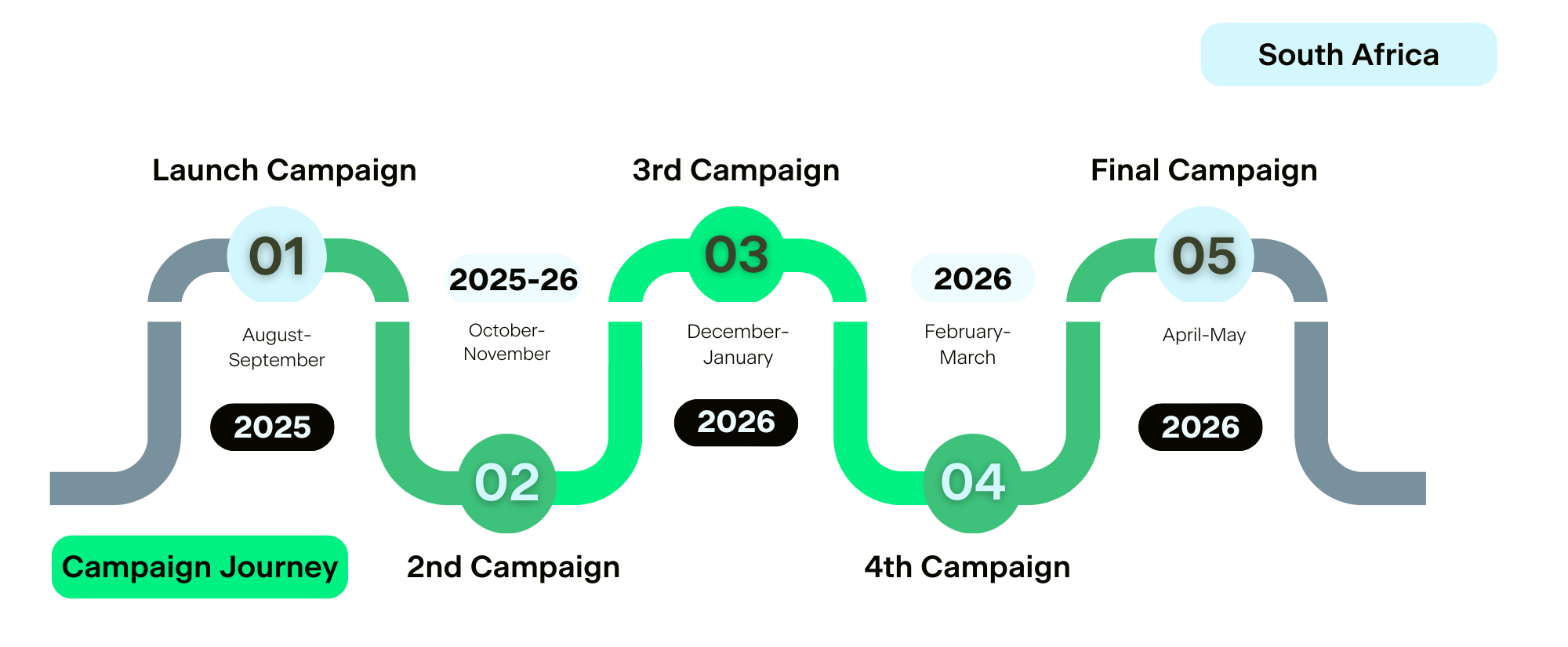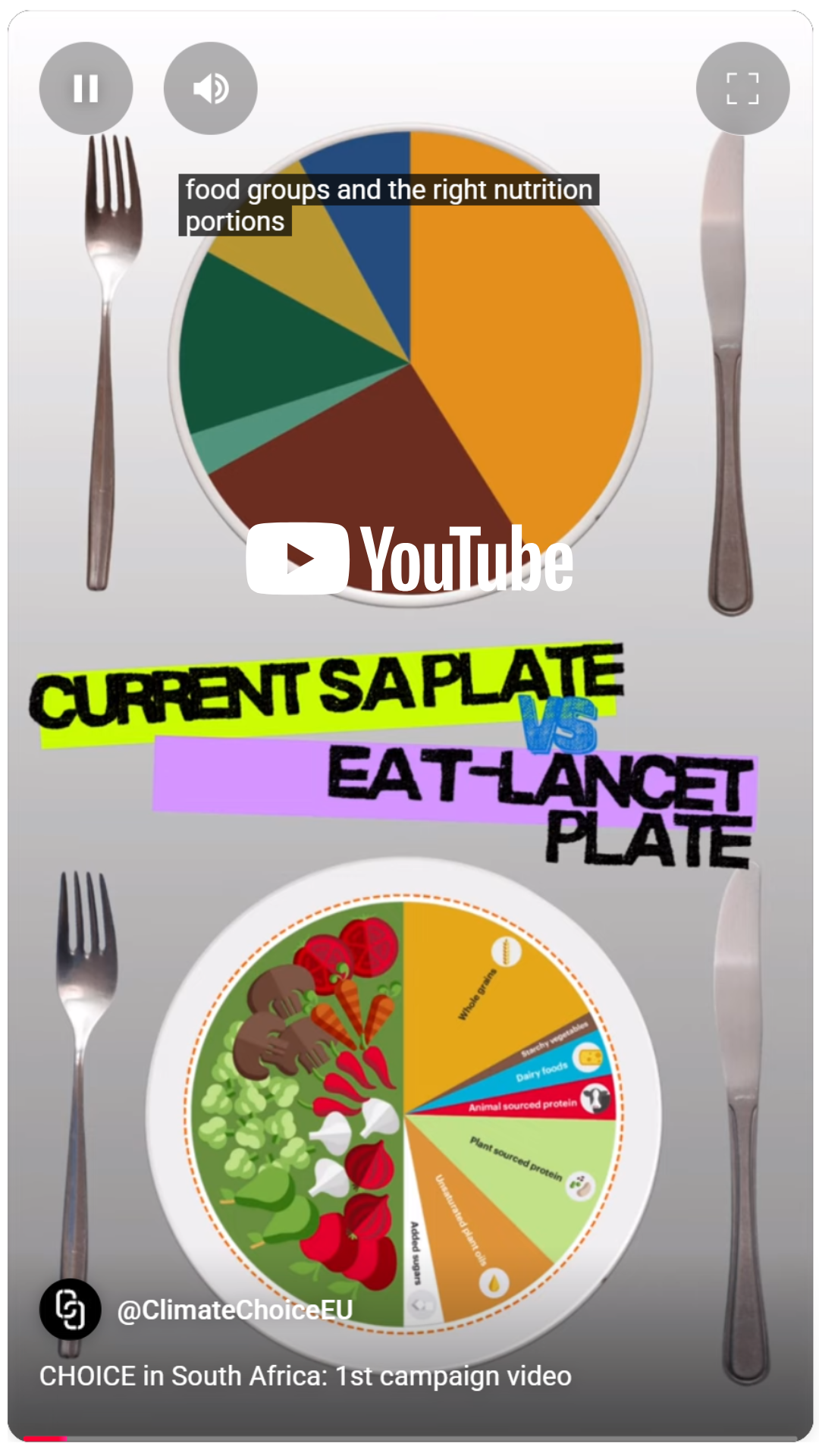Sustainable Consumption , food waste reduction
Adoption of healthier, sustainable diets and reduction of food waste
CHOICE pilot activities in South Africa
Motivation
In South Africa, a nation with a high meat consumption rate, dietary habits vary significantly across socioeconomic groups.
Over the past three decades, rising incomes have led to increased meat consumption, particularly among middle and high-income groups. However, approximately 43% of the population faces moderate to severe food security challenges. Additionally, about 62% cannot afford a healthy, balanced diet, primarily due to prevalent poverty.
Despite these disparities in food access, the country witnesses the annual waste of 10 million tons of food. In 2013, food-based dietary guidelines were introduced, promoting seven food groups for healthier eating. Yet, the prevailing dietary trends show a continued rise in processed and sugary beverage consumption, coupled with a decline in vegetable intake. This scenario underscores the urgent need for a shift towards healthier diets in South Africa.
Pilot Scope and Activities
Heterogeneous groups of youths of different socioeconomic backgrounds (regarding genders, food choices, household incomes, and environmental awareness) will participate in periodic social engagement campaigns. Locally inspired recommendations for the adoption of healthier, more environmental-friendly consumption and food preservation choices will be promoted, leveraging the “Shrink your Food Waste” application, where users will be able to receive notifications of food products with close expiration dates and get recipe tips inspired by the EAT-Lancet and healthy other diets. The app will leverage gamification and ‘teaming’ components, where groups among the local participants may be formed, sharing their experiences while presenting the multiplying effect of their choices when adopted by millions of citizens in their or other countries.
Dedicated challenges will be frequently promoted among participants to foster competition and enhance engagement, using data storytelling visuals and narratives that showcase the impacts of their food choices and practices. In total, youth networks from across several universities in the country will be involved in the pilot activities. At the same time, more than 20 stakeholders from the industry, academia and public authorities will participate in workshops to understand the impact (national and global) of selected scenarios on emissions, biodiversity and health.
Enablers
The following CHOICE enablers will be used to achieve the pilot scope:
- Carbon Footprint label.
- Data storytelling visuals and narratives.
- Randomised Control Trials framework.
- CHOICE IAM models through interactive interfaces.
- Behavioural models.
Expected Measurable Outcomes
- Increase 10-20% of the participating youth consumers that will actively adopt more healthy food choices;
- More than 500 participants actively using the “Shrink your Food Waste” application, reducing as a consequence by 15% their total consumption footprint through rationalizing food waste.
PARTNERS INVOLVED
Pilot leader:

Partners:
![]()
![]()
![]()
![]()
![]()
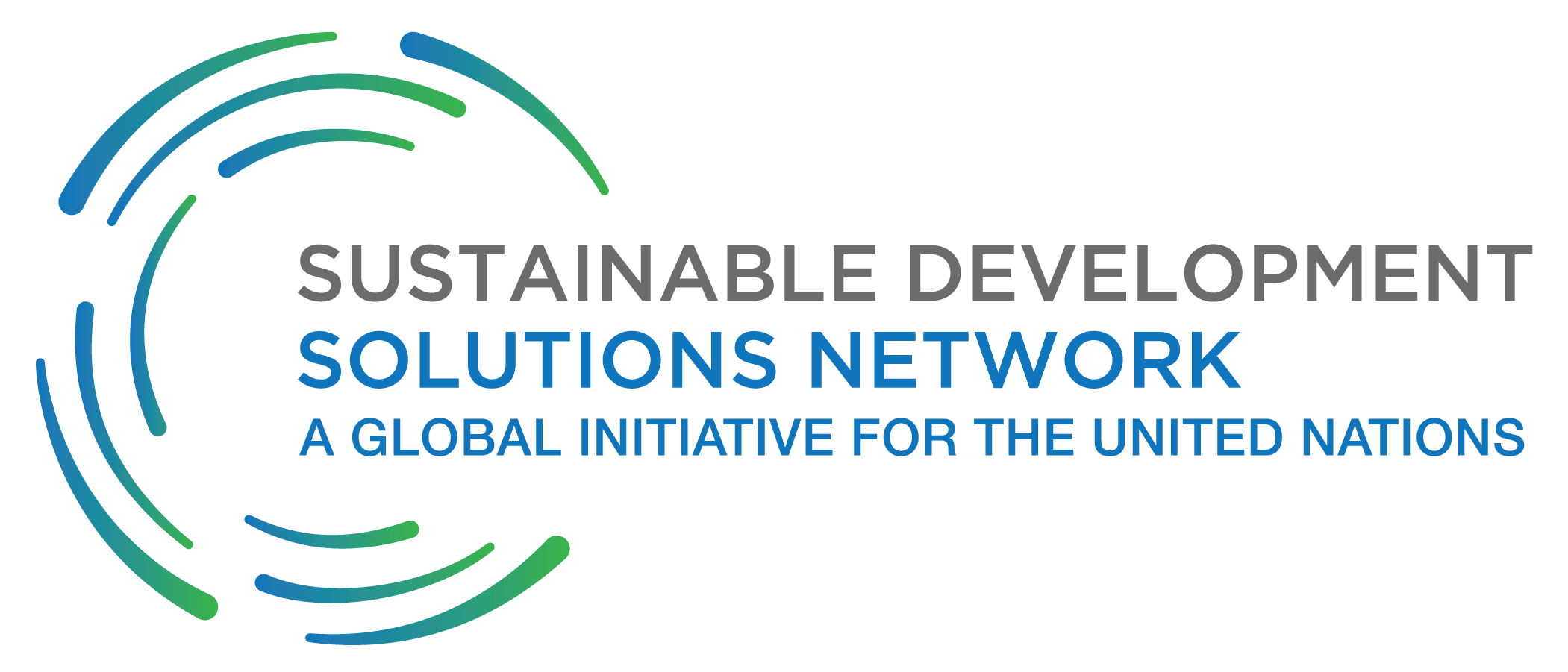
![]()
![]()
![]()
![]()
![]()

![]()
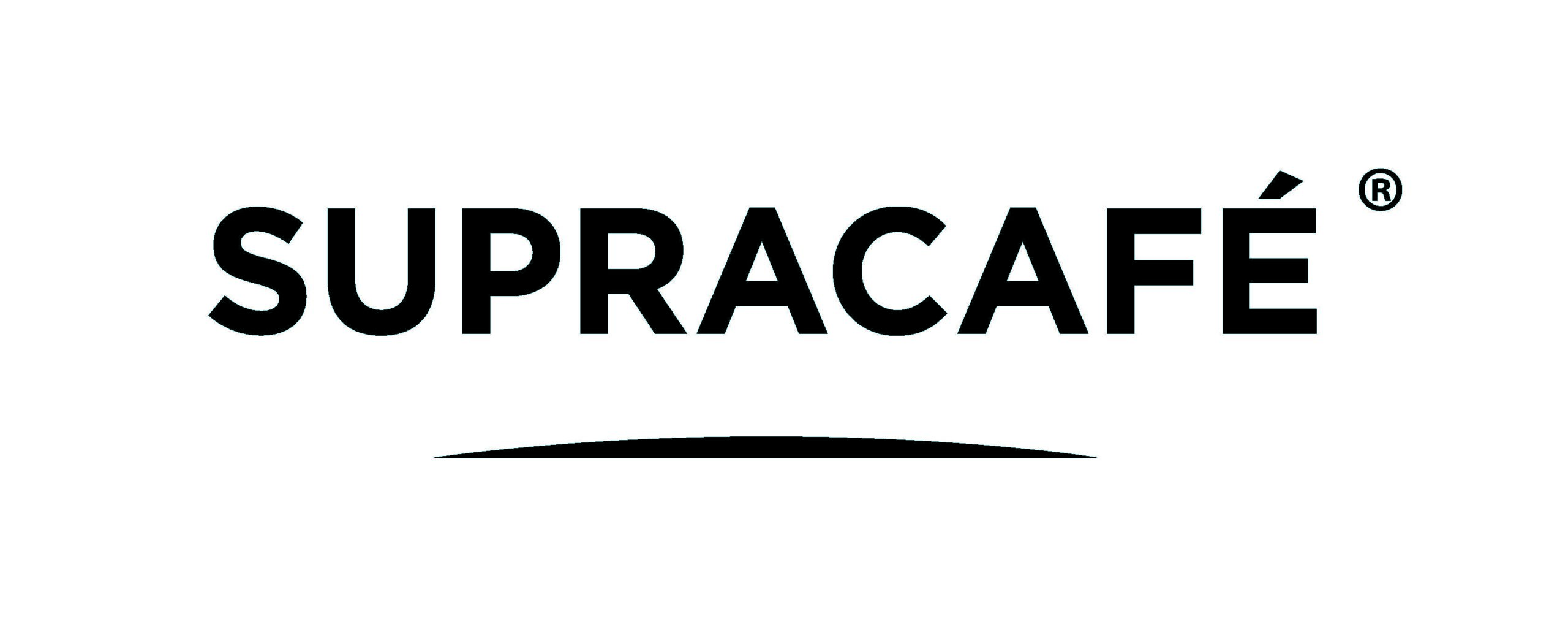

Campaigns in South Africa
From Local Action to Global Impact
Find more about the specifics of each pilot campaign that have been performed in the Austria.
Use your feed to feed you — sustainably, culturally, and consciously
Overview:
South Africans spend nearly 4 hours daily on social media. What if 5 minutes of that time could change your plate and the planet? The first campaign’s aim is to increase awareness of healthier diets displayed online and inspire online users to dedicate some of their screentime to finding healthy meal planning and lifestyle content.
Objectives:
- Inform the public audience of how much of their screentime contributes to the carbon footprint.
- Encourage individuals to shift their screentime towards prioritising healthy dietary content (e.g.: meal prepping).
- Increase awareness of healthier diets that are also environmentally sustainable in terms of carbon footprint.
- Shift cultural behaviours and thinking by linking food choices to digital behavior.
Target Audience:
South African youth organisations, including the university of Pretoria’s existing users visiting the university’s official website.
Approach & Activities:
- Focus on a demographic that is already spending hours scrolling online in a day. This way, asking them to spare 5 –10 minutes of their screentime is not outside of their regular behaviour. Social applications such as Tik Tok, Instagram, LinkedIn and so on are good platforms to use for communicating the campaign message as they are built to make scrolling online an effortless activity.
- Use native formats that are quick to watch and react to. Examples of these are reels, TikTok videos, carousels, stories etc.
- Incorporate hashtags to create the possibility of making this campaign a viral or trending topic. Hashtags such as #ChangeYourPlateSA are catchy and will hopefully appeal to the public.
- Initiate some form of engagement action as proof of participation in the campaign. This can mean reposting the campaign online platforms, liking or even commenting on the post.
Timeline:
August – September 2025
Location:
Online platforms, e.g.: Instagram, X (Twitter), LinkedIn, Email broadcast, and the University of Pretoria’s official website. A link will be attached to the appropriate communication, and the audience will be redirected to the CHOICE EU website.
Expected Impact:
- Change passive public perception around social media platforms and reframe screen time to demonstrate productivity.
- Greater awareness of food waste, water usage, and carbon footprint of food.
- Align technology-driven future to sustainability in food choices and environmental responsibility.
- Help individuals release their personal environmental contribution and emphasise that even change on an individual level is significant and never too small.
- Maintain culture and social connection through digital platforms on relevant topics.
Learn more (Infographic) and join the Campaign!
